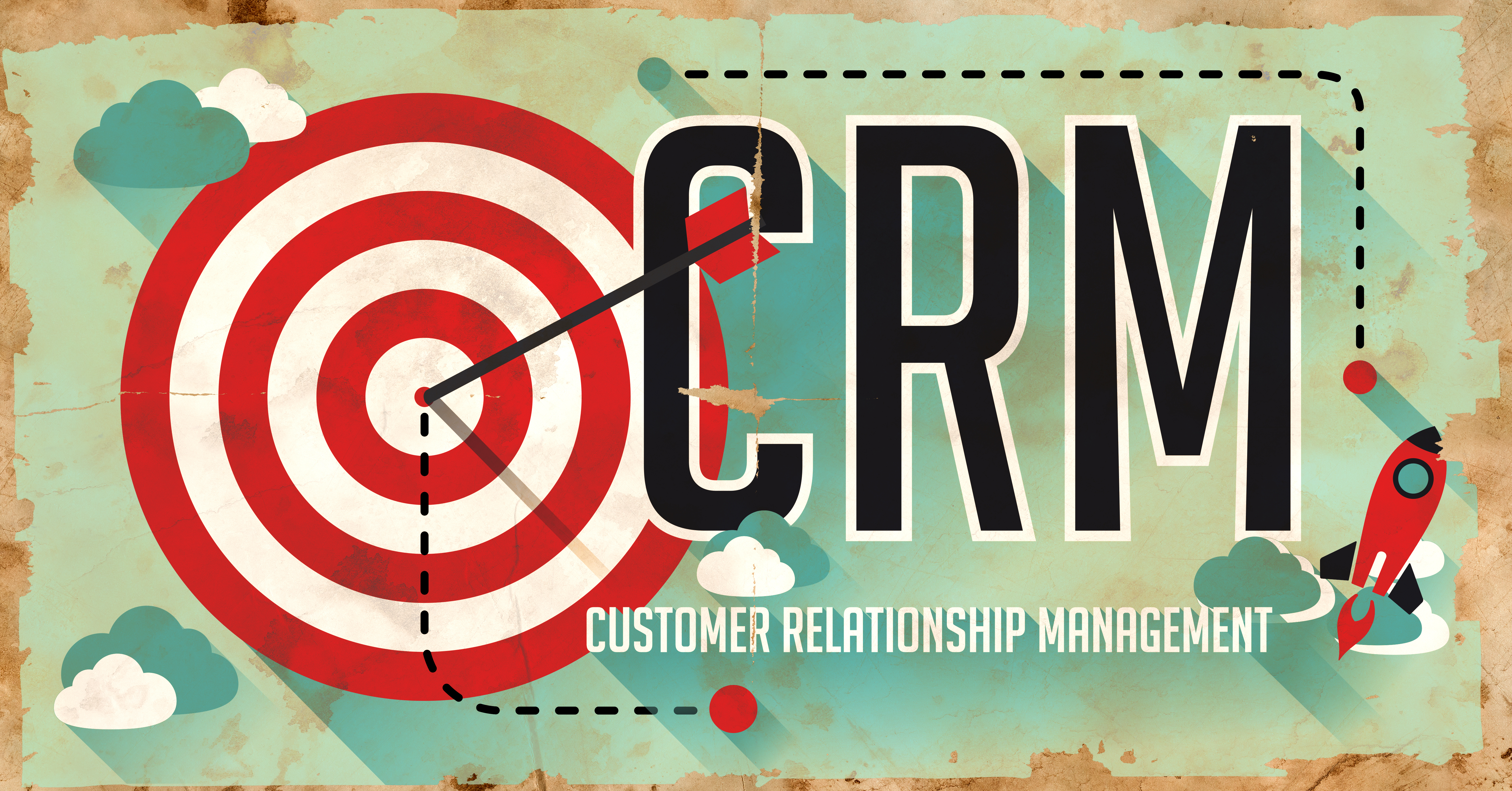


The term CRM is the abbreviation of Customer Relationship Management.
The approach of the Customer Relationship Management is focused on the customers and their relationships with the company. Thus, the customer stays at the heart of each CRM strategy. The goal is to increase customer satisfaction and therefore the long-term commitment of the customer to the company. These objectives should be achieved by means of an individually tailored customer care. Ideally, tighter customer loyalty and optimization of business processes reduce operating costs and increase sales.
Part of the CRM strategy is the Customer Relationship Communication (CRC). It includes and optimizes cross-media all processes of the company’s communication using a customer database as well as a company and product positioning. All communicative company and product profiles are therefore harmonized to strength customer loyalty.
Customer Relationship Management is differentiated between analytical and operational approach.
The analytical CRM includes the analysis and the systematical evaluation of customer data using the features of the Business Intelligence. The goal is to filter what is essential out of the pure information collection and therefore gaining knowledge concerning the customer. This way, customer satisfaction can be measured and disaffection tendencies can be detected. The knowledge concerning the customer behavior can then be used specifically in the communication and in the customer approach in operative CRM for instance as part of campaign management.

Operational CRM refers to the targeted use of the customer knowledge filtered out in the analytical CRM within the operative company processes. The knowledge, evaluation and classification of the customers for example, serves for sales work or campaign management. The operational CRM provides the features facilitating customer groups to be approached in a targeted manner and customer loyalty to be strengthened.
Example: in the analytical CRM, the purchasing behavior of the customers is assessed. The analysis reveals which customers have not purchased anything for a long time. This target group can then be directly addressed and incited to buy various products over a mailing campaign.



